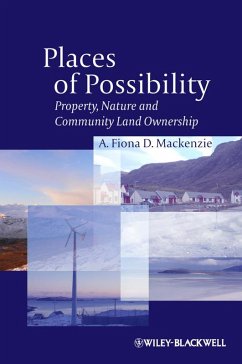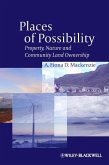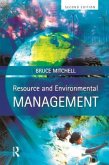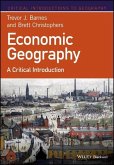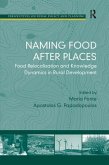To maximize the efficiencies of land ownership, the market-driven approach of neoliberalism would have it placed entirely in the hands of the private sector. Places of Possibility reveals how community land ownership can open up the political, social, environmental, and economic terrain to far more socially just and sustainable possibilities than the privatization espoused by neoliberalism. Drawing on comprehensive qualitative research carried out in the Outer Hebrides, Scotland, environmental geography specialist A. Fiona D. Mackenzie argues that these possibilities are created through the disruption of prevalent norms of property and nature. The author shows how current land reforms taking place in the islands of the Outer Hebrides are revealed to be places of possibility where neoliberal norms of enclosure and privatization -- and of a nature separate from the social -- are unsettled with community land ownership. With a careful balance of original theoretical insights and intellectual rigor, Places of Possibility dispels prevailing notions of neoliberal globalization to reveal the rich political possibilities of community land ownership and its place in the twenty-first century world.
Hinweis: Dieser Artikel kann nur an eine deutsche Lieferadresse ausgeliefert werden.
Hinweis: Dieser Artikel kann nur an eine deutsche Lieferadresse ausgeliefert werden.
"This is rarely the stuff of academic study but is at theheart of Places of Possibility's profound ambitions and mostimportant contribution: anticipating "more socially,environmentally and economically generous'postneoliberalisms." (Antipode, 1 August2013)"In this splendid book Fiona Mackenzie provides an excellentanalysis of the principles and practice of communityland-ownership, an idea which is transforming the landscape of theScottish highlands. Drawing on extensive fieldwork in the Hebridesand a very wide range of interdisciplinary references she addsdepth and clarity to our understanding of this profound shift inScottish society."
--Ewen A. Cameron, Professor of History, University ofEdinburgh
Because Fiona Mackenzie has spent a lot of time in the area, shehas got to grips with the Highlands and Islands experience ofcommunity ownership in a way that no other academic author hasdone. Mackenzie has much to say that is novel, perceptive andimportant, while her background and experience is such as to enableher to bring a range of theoretical perspectives to bear on hersubject matter.
--James Hunter, Emeritus Professor of History,University of the Highlands and Islands
--Ewen A. Cameron, Professor of History, University ofEdinburgh
Because Fiona Mackenzie has spent a lot of time in the area, shehas got to grips with the Highlands and Islands experience ofcommunity ownership in a way that no other academic author hasdone. Mackenzie has much to say that is novel, perceptive andimportant, while her background and experience is such as to enableher to bring a range of theoretical perspectives to bear on hersubject matter.
--James Hunter, Emeritus Professor of History,University of the Highlands and Islands

